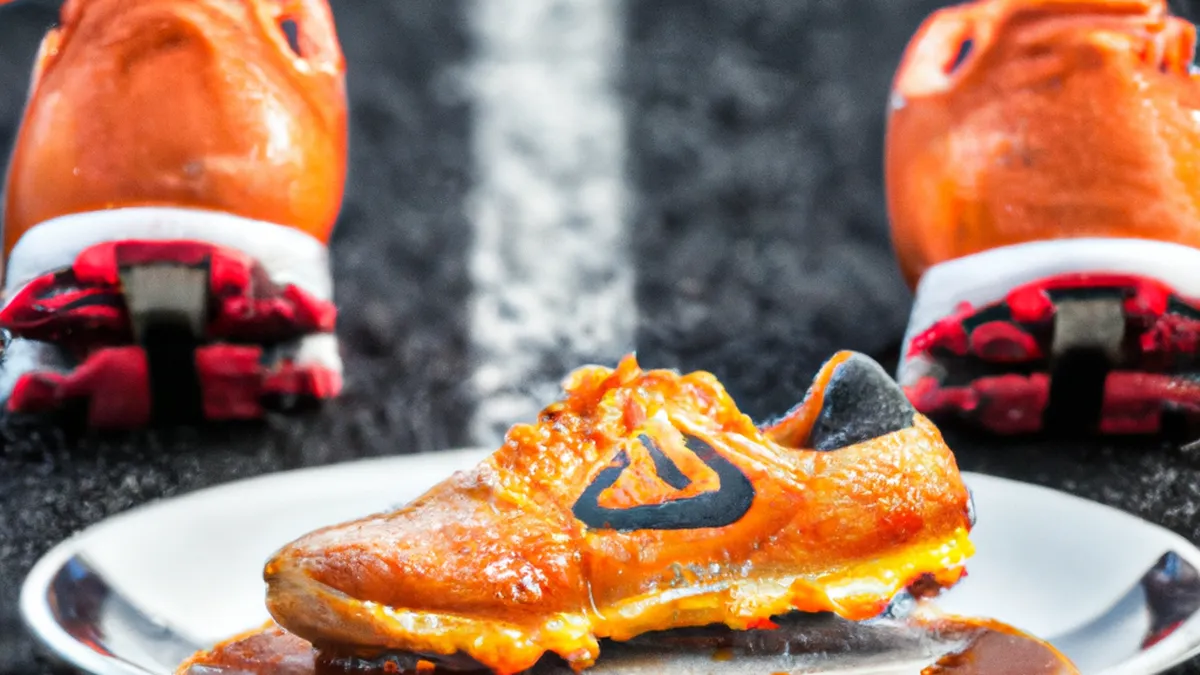Tasty Energy Sources for Long Runs
Fueling During Long Runs: Essential Tips for Endurance AthletesLong runs challenge any training regimen. Proper fueling during these sessions is crucial for marathon preparation or increasing distance. Good nutrition maintains energy, enhances performance, and speeds recovery. This guide offers essential tips for effective fueling during long runs.
Understand Your Energy Needs
Before your long run, assess your energy needs. Runners burn about 100 calories per mile on average. Factors like weight, pace, and terrain can affect this. Aim to consume calories during your run, especially for runs over 90 minutes.
Calculate Your Caloric Needs
Consider your pace and distance to determine caloric needs. For a two-hour run, you may need around 1,000 calories. Aim to consume 30-60 grams of carbohydrates per hour. You can use gels, chews, or sports drinks for these carbs.
Experiment During Training
Not all fueling strategies suit everyone. Use training runs to try different foods and fluids. Test various gels, bars, and drinks to find what works for your stomach. This helps you discover your optimal fueling strategy before race day.
Choose the Right Fuels
As an Amazon Associate I earn from qualifying purchases.
Gear tip: consider electrolyte mix, portable ball rebounder, and soft flask to support this topic.
After assessing your energy needs, select the right fuels. Focus on easily digestible carbohydrates for quick energy.
Gels and Chews
Runners often prefer energy gels and chews. They provide convenience, lightweight options, and easy consumption. Most gels contain carbohydrates and electrolytes. Various flavors help you find one you enjoy.
Sports Drinks
Sports drinks offer hydration and carbohydrates in one package. They replenish electrolytes lost through sweat. Choose drinks with sodium, potassium, and carbohydrates for hydration and energy.
Timing is Key
Proper timing of your fuel intake can impact your long runs. Fueling at regular intervals helps maintain energy levels.
Pre-Run Fueling
Before your long run, eat a balanced meal. Aim for carbohydrates, proteins, and fats two to four hours before running. Foods like oatmeal, bananas, or toast with peanut butter work well.
During the Run
Consume energy every 30 to 45 minutes during your run. This timing stabilizes your energy levels. For a two-hour run, eat a gel at 30 minutes and again at one hour.
Post-Run Recovery
After your run, refuel with carbohydrates and protein. This combination aids recovery and muscle repair. A smoothie, yogurt, or balanced meal helps replenish your energy stores.
Benefits of Proper Fueling
Proper fueling during long runs offers numerous benefits. First, it enhances performance. When you maintain energy levels, you keep a consistent pace.
Improved Endurance
Proper fueling allows you to run longer without fatigue. Consuming the right nutrients sustains your energy during runs. This endurance leads to better training results and improved race performance.
Enhanced Recovery
Good nutrition promotes recovery after running. Proper refueling helps muscles repair quickly. You can train harder and recover faster, leading to continuous improvements.
Mental Focus
Maintaining energy levels affects your mind as well as your body. Proper fueling keeps you mentally sharp during long runs. You’ll avoid fatigue-related lapses and stay focused on your pace and form.
Conclusion
Fueling during long runs is essential for endurance athletes. Understanding energy needs, choosing the right fuels, and timing intake can impact performance and recovery. Experiment during training to find what works best for you. Remember, proper nutrition fuels both body and mind. By following these steps, you ensure your long runs are successful and enjoyable. Happy running!
Below are related products based on this post:
FAQ
Why is proper fueling important during long runs?
Proper fueling is crucial for maintaining energy levels, enhancing performance, and speeding recovery during long runs. It helps prevent fatigue, allowing runners to maintain a consistent pace and achieve better training results. Good nutrition also supports muscle repair after running.
How can I determine my caloric needs for a long run?
To determine your caloric needs, consider your weight, pace, and the distance of your run. On average, runners burn about 100 calories per mile, so for a two-hour run, you may need around 1,000 calories. Aim to consume 30-60 grams of carbohydrates per hour during the run.
What types of fuel should I use during my long runs?
Focus on easily digestible carbohydrates for quick energy, such as energy gels, chews, and sports drinks. These options provide convenience and hydration while replenishing lost electrolytes. Experiment with different flavors and products during training to find what suits you best.















Post Comment